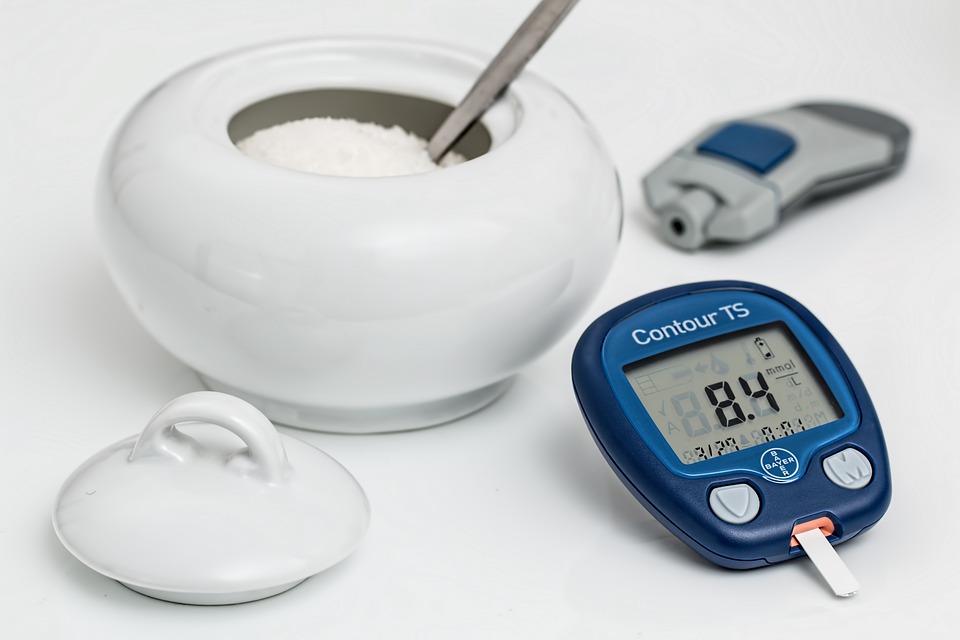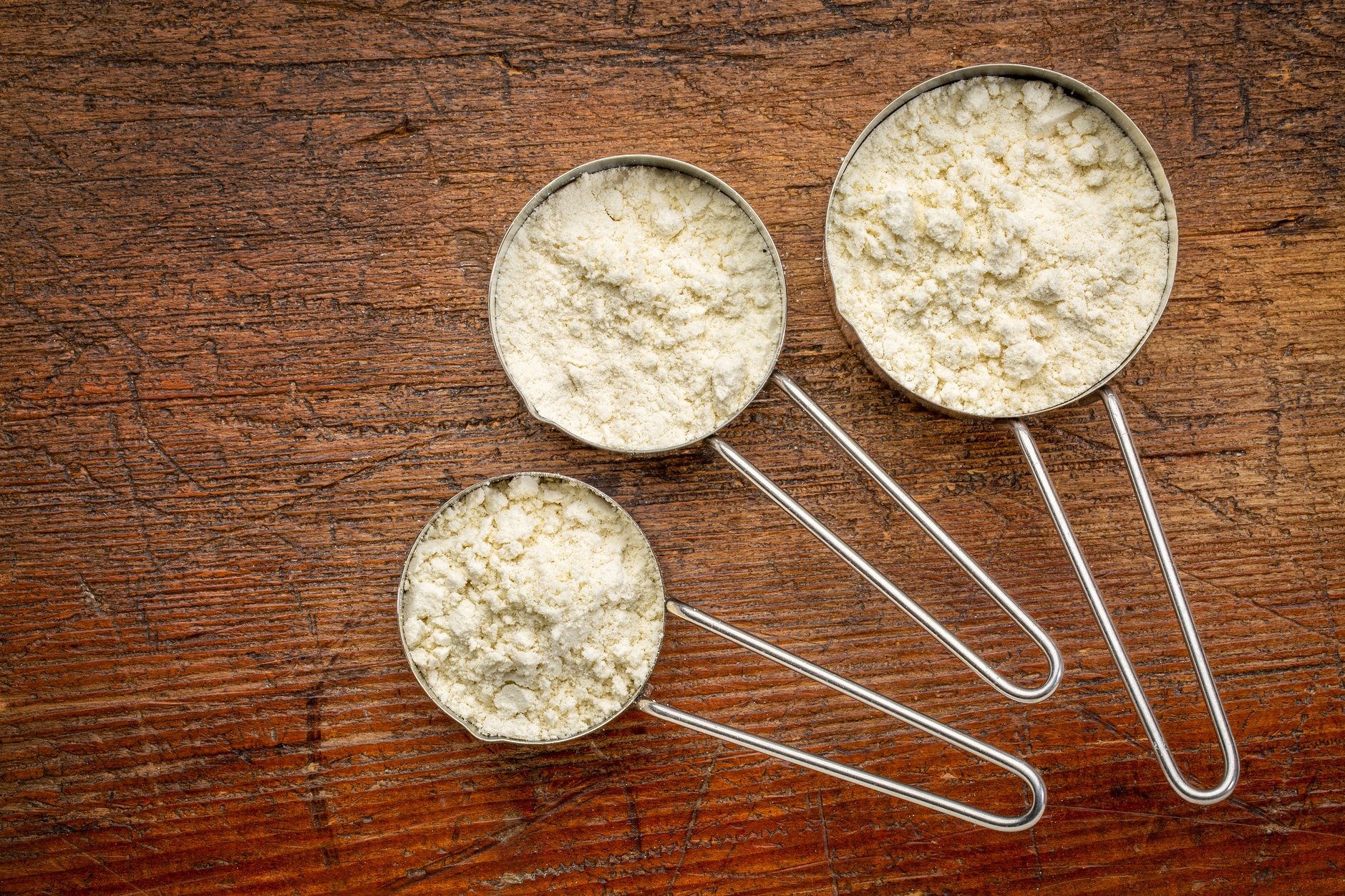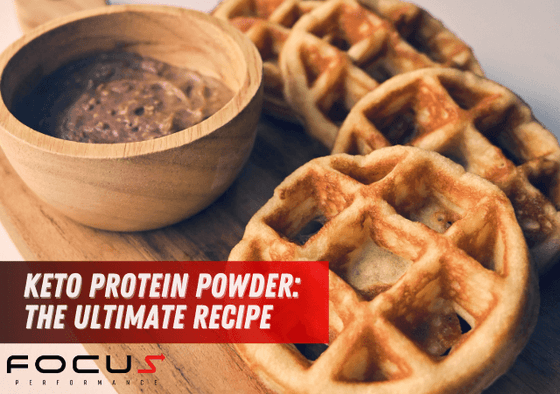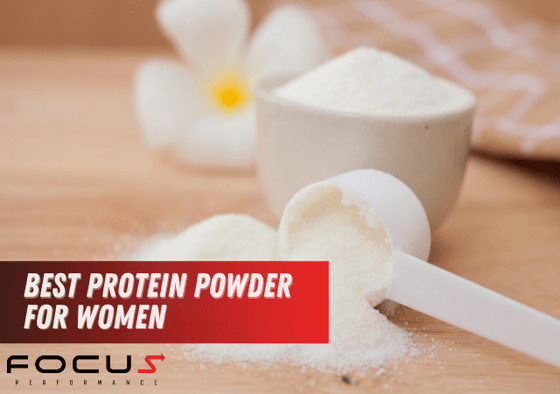
Although often perceived as a supplement for workouts, whey protein offers health benefits that far extend beyond its use in the fitness world. Thinking that protein powder is mainly used by athletes and bodybuilders as a supplement to recover and refuel after training is an outdated concept.
Whey has been found to have high protein content. The amount of protein in whey makes it an excellent supplement for daily intake needs.
Apart from people who are into sports and bodybuilding, whey protein can also benefit vegetarians. People who don’t eat a lot of eggs, meat, dairy, or other common sources of protein can use it.
To understand how whey protein can help you, let’s first find out what it is all about.
Whey protein is a combination of proteins that have been separated from the whey. Whey is the liquid portion of milk that is removed during cheese production.
There are two primary types of protein in milk: casein and whey.

Whey can be found in the watery part of milk. Whenever cheese is made, the fatty parts in the milk coagulate, allowing the whey to be extracted from it as a by-product.
If you’ve tried opening a container of full-fat yogurt and see liquid floating at its top, that’s whey. Cheesemakers used to just discard it before discovering the health benefits of whey protein and its commercial value.
Once it has been separated, whey is processed to become what we now call as whey protein. This is a powder that can be mixed into meals, shakes, and protein bars.

On its own, whey protein is pretty much tasteless. That is why it is often added to vanilla, chocolate, strawberry, and other flavours.
Protein is a vital macronutrient that we need for muscle mass development. Our bodies use protein to create enzymes that repair and build tissues. Protein is also used in strengthening bones and making our bodies stronger.
Studies have found that protein supplements, such as whey protein, have been found to help in weight loss. These supplements can fill the nutritional gap of protein in most foods, helping people achieve their recommended intake.
Here are eight reasons why you should start incorporating whey protein into your lifestyle.
Whey protein is a complete, top-quality protein that contains all essential amino acids the body needs to stay healthy. Furthermore, it is highly digestible and can be absorbed faster by the body than other types of protein. These two traits make it an excellent source of dietary protein.
As we age, the muscles we have will start to decline naturally. However, people can slow down, prevent, or even reverse this adverse change in their body through a combination of a balanced diet and strength training.

Going through strength training together with a diet of high-protein foods or supplements has been shown to prevent muscle loss. High-quality sources of protein, like whey, have proven to be quite effective especially due to its leucine content. Leucine is one of the essential amino acids that promote skeletal muscle growth.
It is why whey protein have been consumed to help stop age-related muscle loss. Researchers also learned that it can improve strength and make the body look better overall.

According to the World Health Organization (WHO), hypertension, or abnormally high blood pressure, is a leading risk factor for various heart diseases.
Several studies have revealed that consuming dairy products can help reduce blood pressure. Researchers have attributed this effect to a range of bioactive peptides found in dairy called angiotensin-converting-enzyme inhibitors (ACE-inhibitors).
In whey, its ACE-inhibitors are known as lactokinins. Studies on animals have found that these lactokinins can effectively lower blood pressure.
There are only a handful of human studies that analysed the effects of whey proteins on blood pressure. Many experts consider its evidence to be inconclusive.
In a 2010 study, for instance, overweight individuals were found to have reduced systolic blood pressure after being given whey protein supplementation for 12 weeks.
In another study that was performed on young men and women, researchers found that the subjects had reduced blood pressure after consuming whey protein for six weeks.
Type 2 diabetes is a health condition characterized by an impaired insulin function and high blood sugar. Insulin is a necessary hormone that helps regulate blood sugar in cells and keep it within a reasonable limit.

Studies have shown that whey protein could effectively moderate blood sugar, improving both insulin levels and its effectiveness in functioning. Additionally, whey protein appears to be the better choice compared to other common sources of protein, like fish or egg white.
These beneficial properties of whey protein are similar to some diabetic medications, such as sulfonylurea. This means that whey protein may be used as a supplement in treating type 2 diabetes.
Inflammation is a necessary response of the body against harm. Although inflammation can be beneficial for the short-term, it could become chronic in certain circumstances.
Having chronic inflammation can turn out bad, especially since it is a risk factor for many health conditions. It could reflect bad lifestyle habits or underlying health concerns.
In a 2015 review, high levels of whey protein can significantly lower C-reactive protein, a vital inflammation marker in the body.
Inflammatory bowel disease is a health condition that occurs when a person has chronic inflammation in their digestive tract lining. It is a term that encompasses both ulcerative colitis and Crohn’s disease.
According to two studies, human and animal subjects were found to have reduced effects of inflammatory bowel disease after taking whey protein supplementation.
Do keep in mind that the evidence provided is inconclusive. Further studies are required before any strong claims are to be made.
Antioxidants are chemical substances that work against oxidation within the body. It reduces oxidative stress and minimises the risk of experiencing a range of chronic diseases.
A critical antioxidant in the body for human beings is glutathione. Compared to other antioxidants that can be obtained from food, glutathione can only be produced by the body. The production of this substance highly depends on the supply of essential amino acids, like cysteine, which can oftentimes be limited.
That is why foods that are rich in cysteine, like whey protein, could promote antioxidant levels. One study found that whey proteins may help reduce oxidative stress while increasing the amount of glutathione in the body.
Satiety is the term used to describe being full after consuming a meal. It is the opposite of hunger and appetite and should help suppress food cravings or the desire to eat.
Some foods can be more satiating than others, an effect that is partially mediated by their macronutrient composition. One of the most filling macronutrients is protein.
Not all proteins, however, have similar effects in terms of satiety. Whey protein seems to be more satiating compared to the other types of protein, such as soy and casein.

This trait makes whey protein very useful for people who wish to consume fewer calories and experience weight loss. Additionally, having fewer food cravings between meals can help you establish a regular and moderated diet.
There are at least three primary types of whey protein nowadays. The main difference they have with one another is the way they are processed.
Out of the three, whey protein concentrate appears to be the best option overall. It is the most affordable choice and also retains most of the naturally-present nutrients in whey. A lot of people also enjoy whey concentrate because of its taste and the presence of lactose and fat.
The most popular way of using whey protein supplements is to enhance muscle mass and strength.
Whey protein is often used by fitness models, bodybuilders, athletes, and people who want to improve their gym performance.

The following are the ways by which whey protein can promote muscle growth and strength:
Whey protein is said to be quite effective in increasing muscle growth when taken before, after, or during workouts. Furthermore, muscle protein synthesis is often maximised after training.
In comparison to other protein types, like soy protein, whey has been found to perform slightly better overall.
Experts often recommend a dosage of one to two scoops (approximately 25 to 50 grams) of whey protein each day. It is best to perform supplementation after workouts. Consumers are also advised to follow the serving instructions on the product label.

For people who wish to get technical concerning their whey intake, calculating the daily recommended intake is best. You can then choose to spread how much you consume across doses of 25 to 30 grams.
Most people find this approach to be more sustainable rather than cram as much protein between meals as possible. After you have a daily intake number to aim for, having whey protein supplementation and a balanced diet can be enough to achieve your daily nutritional goals.
Make sure you are also getting the right amounts of complex carbohydrates and healthy fats needed by the body as fuel. If protein intake is on point but muscle growth has not happened, you may want to add bananas and peanut butter to your protein shakes or switch over to a gainer formula.

Do note that if you already have a high protein intake, it may be unnecessary to add more whey protein on top of your existing intake.
There are also concerns regarding protein that can cause damage to the kidneys while also potentially causing osteoporosis. However, these health concerns are unwarranted. Protein has been found to protect against osteoporosis while having no adverse effect on healthy kidneys.
However, doctors recommend that people with existing liver or kidney problems should avoid consuming whey protein. At the very least, consult a medical professional before using whey protein supplementation.
Consuming excessive amounts of whey protein can lead to digestive problems, like flatulence, diarrhea, nausea, cramping, and pain. There are also individuals who are allergic to whey.
For those who cannot tolerate standard whey protein concentrate, whey protein isolate or hydrolysate may be a better choice. You can also avoid taking whey protein altogether and just consume protein-rich foods as an alternative.

Taking whey protein is a very healthy way to increase protein intake. Whey is an excellent source of protein that is quickly absorbed and used by the body. This can be particularly helpful for bodybuilders, athletes, and individuals who wish to lose weight and gain muscle mass.
Despite the benefits we’ve learned about protein powders, not all of them are keto-friendly. Just like any product for people on a low-carb diet, you need to read the label closely to make sure you’re not consuming added carbs and sugars.


Scott Reid
Author
Scott Reid is a 2 x Britain’s Strongest Man U105kg winner (2007 & 2008) and IFSA World's Strongest Man U105kg Competitor. He is an expert in strength and conditioning and also coaches functional nutrition. Scott’s passion for understanding the human body and how to optimise every aspect of it has driven him to study under legends such as Paul Chek. Scott now coaches MMA Athletes, Strongmen and Bodybuilders to name but a few, helping them to implement a well structured diet and become more powerful, explosive versions of themselves.